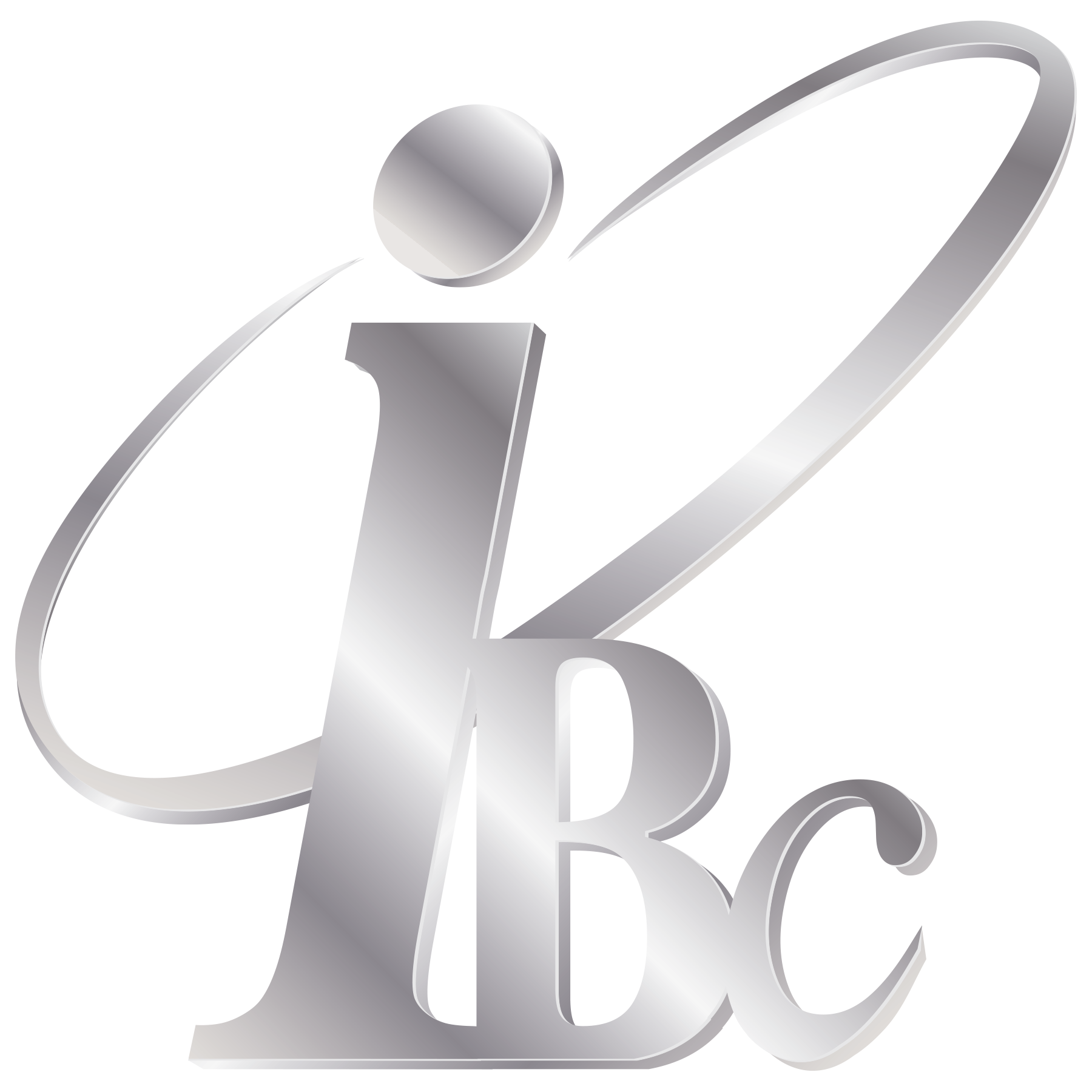I know what you may be thinking, you’ve got your home and auto insurance policies set up and crossed off your list. But what about life insurance? If you haven’t gotten around to it yet, you’re not alone. According to the Ramsey Solutions, “Last year [2020], only 54% of Americans had some form of life insurance in place.”
Perhaps you’ve thought about getting a life insurance plan. Or maybe not. But you can’t blame this on life being too busy, cause this is too important to keep putting on the back burner. If you have loved ones who depend on you and your income, it’s worth your time to look into policies on how you can protect them if anything should happen to you. We know, it’s a hard subject, but it’s one that cannot be overlooked. So, we suggest you keep reading and learn a little more about life insurance, how it works, what it costs and how you can get set up with a policy today.
What is life insurance?
Life insurance can be defined as a contract between an insurance policy holder and an insurance company, where the insurer promises to pay a sum of money in exchange for a premium, upon the death of an insured person or after a set period.
Basically, that’s just a fancy way of saying you pay a little each month to cover your family’s expenses should something happen to you unexpectedly, or not. It ensures peace of mind that your family is financially taken care of. If you have dependents you can also share some of the money with them as well. Your spouse or close family member typically acts as the beneficiary and can use the money for whatever purpose they choose.
What is life insurance used for?
Life insurance policy benefits can be used to help pay for final expenses after you pass away. This may include funeral or cremation costs, medical bills not covered by health insurance, estate settlement costs and other unpaid obligations.
Is it important to have life insurance?
Life insurance is important, as it protects your family and lets you leave them a non-taxable amount at the time of death. It is also used to cover your mortgage and your personal loans, such as your car loan. Your individual life insurance follows you when you retire and you are no longer insured by your employer.
Can you cash out life insurance?
Yes, cashing out life insurance is possible. The best ways to cash out a life insurance policy are to leverage cash value withdrawals, take out a loan against your policy, surrender your policy, or sell your policy in a life settlement or viatical settlement.
How does the payout work?
There are different ways a payout can take place. A common way, however, is the specific income payout. This is where your beneficiaries can choose to receive monthly installments over a set period to ensure the money doesn’t run out too fast. For example, they could request $30,000 in payments each year for 20 years if the death benefit was $600,000. The life insurance company will hold the money in an interest-earning account, and you’ll owe taxes on the interest earned on the balance.
How do I get life insurance?
To get yourself set up with a life insurance plan, contact your local agent at IBC to discuss your overall needs. Your IBC agent will get you set up on the right plan to keep you protected in any event.
Contact IBC at 712-277-2424 today to get a free quote.





